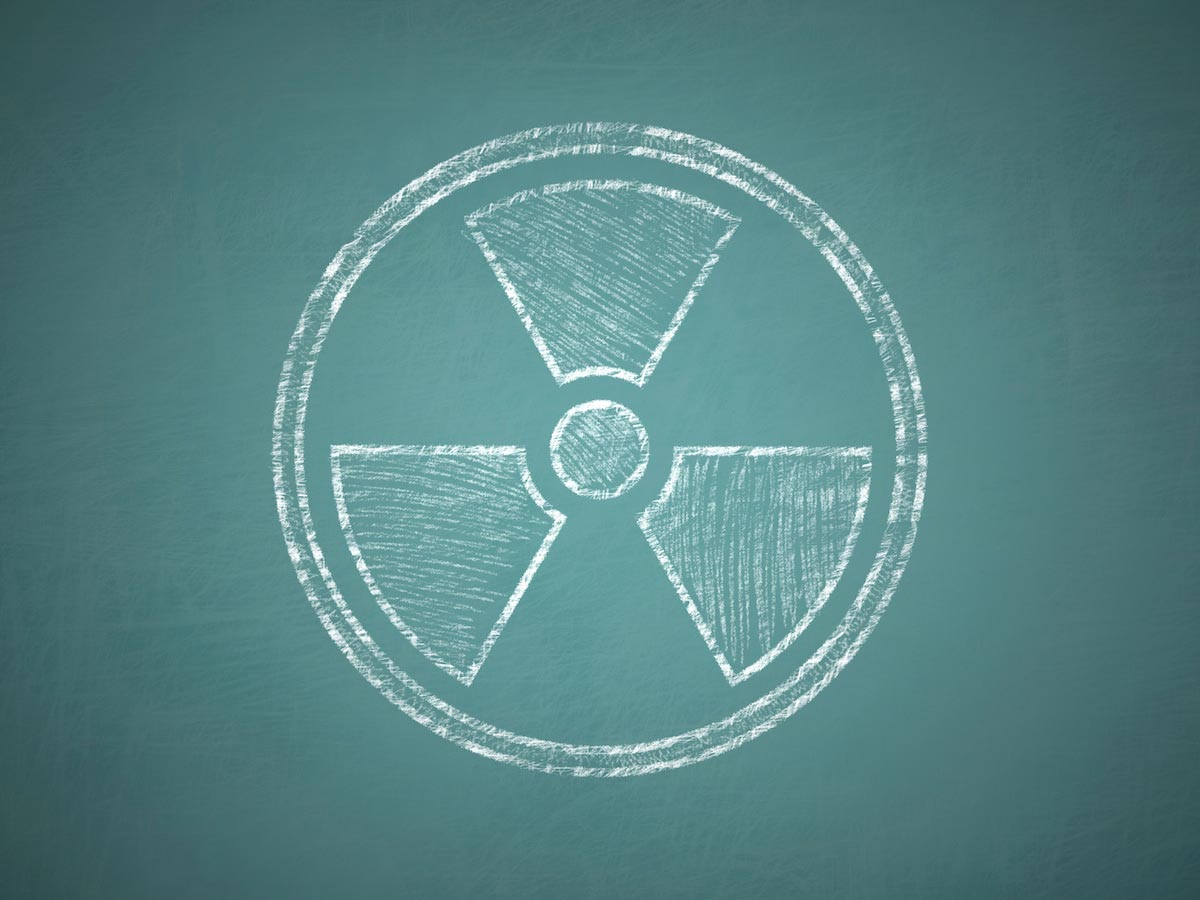
Fisker is already taking deposits for its upcoming "EMotion" electric sedan, which could be the first consumer vehicle to contain a solid-state battery. A member of the company's development team who's been working on making it a reality is also the co-founder of Sakti3, a battery company that launched a solid-state research division back in 2011 (which is right around the time researchers from the Massachusetts Institute of Technology (MIT) came up with their own breakthrough in battery technology).
Satski3 was later purchased by Dyson, the company that manufactures those quirky and expensive vacuum cleaners, which is also planning on entering the electric car business in the future. Dyson actually hopes to beat Fisker in releasing the world's first solid-state battery by as early as 2020, as does the Toyota company that hopes to unveil its version by 2022.
When they're finally unveiled, solid-state batteries will be far superior to the current battery technologies not only in electric vehicles like those made by Tesla, but also in other consumer electronics products such as smartphones and computers. They can hold far more energy for one, and they can also be charged much more quickly.
In terms of how they'll affect vehicle performance in electric cars, solid-state batteries have the potential to extend their range by as much as 250 percent. This means that instead of only being able to drive, say, 150 miles on a single charge, vehicles equipped with solid-state batteries could travel 500 miles or more, making them far more practical in today's travel-centric world.
Solid-state batteries are also slated to be far less expensive than traditional lithium-ion batteries, while also carrying a much lower risk of fire or explosion. All the way around, solid-state batteries are far preferable to anything that's currently on the market in terms of battery technology, and like its counterparts, Fisker is hoping to be the first to introduce it.
Are long-range electric vehicles powered by solid-state batteries the wave of the future?
Owned by Danish-born Henrik Fisker, the Fisker car company isn't this automotive tech's first rodeo. But this could be his first successful one, as the market for high-end, long-range electric vehicles is only just beginning to realize its full potential. Much of it, of course, hinges upon the success of solid-state batteries.
Like Tesla, Fisker wants to push the limits of what electric vehicles are capable of – even though it has yet to even decide on where its vehicles will be built. Once in production, the EMotion EV vehicle could be groundbreaking in terms of how it impacts the electric car market.
Expected to be priced at a cool $129,900 for the standard model, the Emotion EV will contain two electric motors, one in the front and one in the back, giving it all-wheel-drive capability. It will also be extremely light, compact, and efficient, though Fisker himself has been coy in offering up much in the way of specific details. Fisker has said, though, that he wants his cars to look nice in addition to performing well.
"You can make a pretty ugly car that's very aerodynamic," he says. "You probably remember the GM EV1 that was super aerodynamic, but not necessarily a very pretty car. The Fisker brand is about good-looking cars."
"We have to emphasize in different things [than just driving dynamics] how to have fun driving a vehicle. Part of that will be a whole different interface in our vehicle, which we are working on in-house, to create more excitement, more entertainment."
Sources for this article include:
Please contact us for more information.























